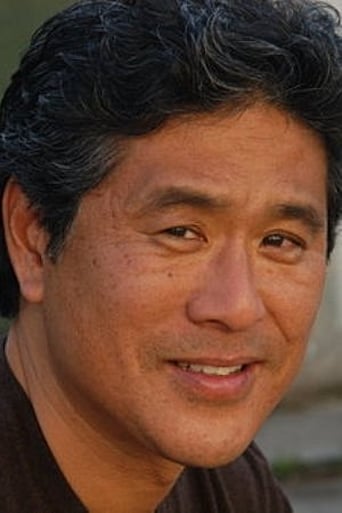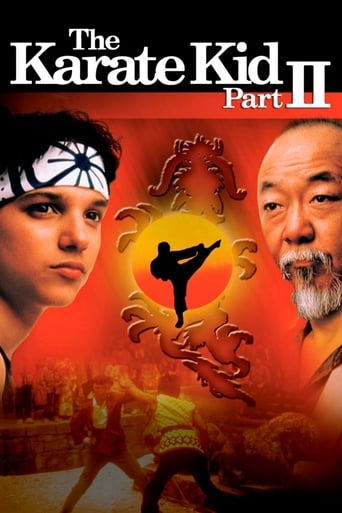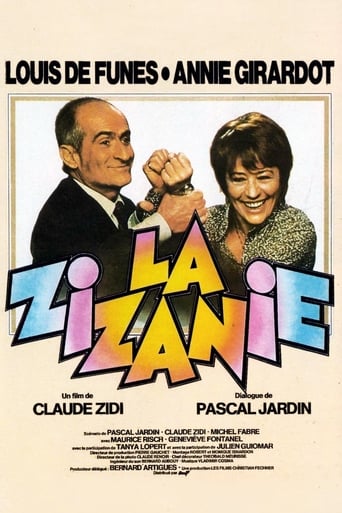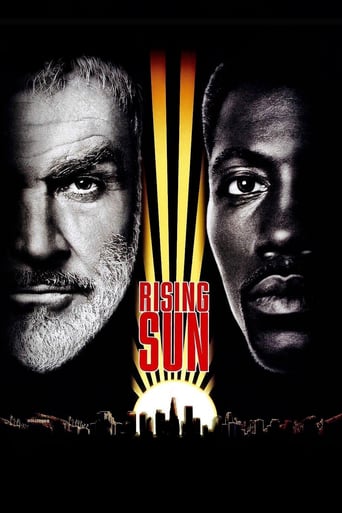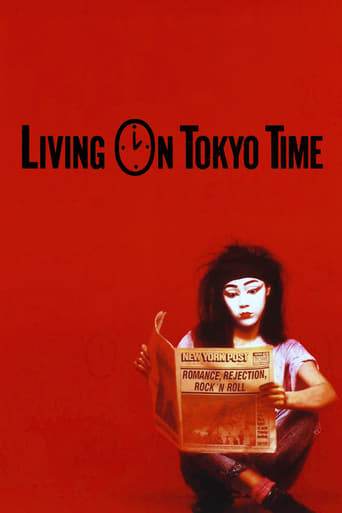

Living on Tokyo Time (1987)
When her visa expires, a young Japanese immigrant in San Francisco agrees to marry a Japanese-American boy to avoid being deported back to Japan.
Watch Trailer
Cast


Similar titles
Reviews
The point of contact between two cultures can be a sometimes bewildering place, affording a unique glimpse into both worlds while not necessarily allowing a clear understanding of either. In Steven Okazaki's debut dramatic feature the culture clash is less a collision than it is a comic stalemate, presenting a benign communication breakdown between two young strangers thrown together in an awkward marriage of convenience. Ken is the thoroughly Westernized (some might say lobotomized) third-generation Asian American drop-out and aspiring punk rock guitarist who reluctantly agrees to go through the motions of marriage with Kyoko, a shy Japanese visitor looking to circumvent immigration laws after her travel visa expires. As is often the case with an independent, shoestring production the script is let down by inconsistent acting, but the lack of experience (on both sides of the camera) can sometimes work in Okazaki's favor. Beneath the unpolished, student film veneer is more genuine humor and compassion than in any of the largely impersonal blockbusters released by Hollywood the same summer, and at only a fraction of the cost.
This is a cute and sad little story of cultural difference. Kyoko is a beautiful Japanese woman who has run to California to escape from a failed relationship in Japan. Ken is a Japanese American manual laborer with aspirations of rock and roll stardom but little concrete to offer a potential partner. Kyoko "marries" Ken in order to be able to stay permanently in the U.S., with the understanding that although they will live together until she gets a "green card" the marriage will be in name only. It soon develops that the parties are not on the same wavelength - or perhaps in the same "time zone", hence the title of the movie. As an immigration attorney I have seen such "arrangements" take on a life of their own, so I was pleased to see how well the filmmaker developed the dramatic possibilities of this situation.
I just saw this on the Asian network. Steven Okazaki really caught the impossibility of communicating between the two young people, with the language differences and even the two cultures. He also caught the everyday life of an Asian-American, including the very tiring familial issues that can arise.Spoiler: It was a very sad movie in that you would very much like things to work out between the two parties and you really care for them. It's obvious that Ken is a good person and so is Kyoko. But the movie ends as you expect it to end. Ken's show of anger is just perfect at the very end - exactly as it would happen in real life, still worrying about not breaking anything, even though the most important thing in his life has disappeared.
*** May contain spoilers. *** If LIVING ON TOKYO TIME were some bold experiment where real-life wanna-be actors were given film parts on the condition that they would be required to take a combination of powerful prescription anti-anxiety, anti-depression, and anti-psychotic medications (this is the classic psych ward combo that renders patients into drooling zombies) all during filming, then this movie would hold far more interest. Or, if the film production was another type of experiment where all of the actors were sleep deprived before and during filming, then TOKYO TIME could be more easily explained.As it is, this film is filled with lifeless, low-energy actors. In the scene where the new husband was sitting on the stairs talking with his sister, it appeared that he was having trouble keeping his eyes open. In almost every scene he speaks his lines sitting down with every part of his body motionless. From beginning to end, his facial expression is best described as "near sleep."Fret not about the actors speaking over each other's lines because these actors can barely finish droning out any lines of dialog. Everyone speaks with a depressing, monotone voice. No laughing. No yelling. No vigor. No one has energy enough to crack a smile. The result: complete and total boredom.And it does not help matters that the direction is simple and amateurish.Avoid this lifeless film at all costs. Better to watch GREENCARD which has a similar plot and has charm and energy. Or, for an unconventional Japanese romance story, check out THE LONG VACATION which has an ample amount of everything LIVING ON TOKYO TIME does not.



